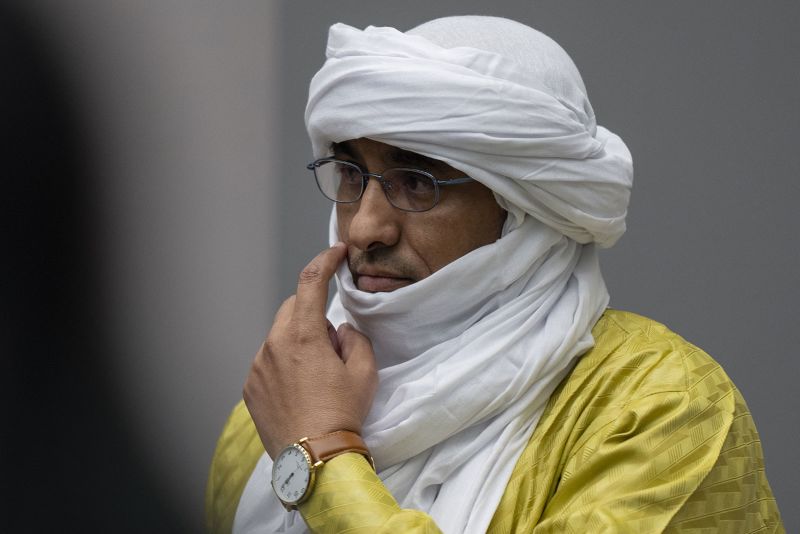The recent conviction by the International Criminal Court (ICC) of Al Qaeda-linked leader for crimes against humanity and war crimes in Mali is a significant milestone. The ICC’s decision to convict Al Hassane as the first person in the Mali conflict to face trial at the court sends a strong message that perpetrators of such crimes will be held accountable.
Al Hassane, also known as Al Mahdi, was found guilty of war crimes for his role in the destruction of cultural heritage sites in Timbuktu, Mali. This landmark case highlights the importance of protecting cultural heritage during armed conflicts. It sets a precedent that such acts of deliberate destruction will not go unpunished.
The prosecution presented evidence showing that Al Hassane facilitated the destruction of historic mausoleums in Timbuktu, which are UNESCO World Heritage sites. These acts were carried out in an attempt to impose a strict interpretation of Islamic law in the region. The deliberate targeting and destruction of cultural heritage sites are considered war crimes under the Rome Statute.
The ICC’s verdict in this case reinforces the principle that individuals responsible for heinous crimes against civilians and cultural heritage will face justice. It underscores the importance of upholding international humanitarian law and protecting cultural heritage as a vital component of global heritage.
The conviction of Al Hassane serves as a warning to others who may contemplate similar actions in the future. It sends a clear message that the international community will not tolerate the destruction of cultural heritage or crimes against humanity in any form.
Moving forward, the ICC’s decision sets a precedent for future cases involving similar crimes in conflict zones around the world. It provides a framework for holding individuals accountable for their actions and seeking justice for victims of war crimes and crimes against humanity.
In conclusion, the ICC’s conviction of Al Hassane for crimes against humanity and war crimes in Mali is a crucial step towards achieving justice and accountability in the face of atrocities. It reinforces the international community’s commitment to upholding human rights and protecting cultural heritage in conflict zones.

